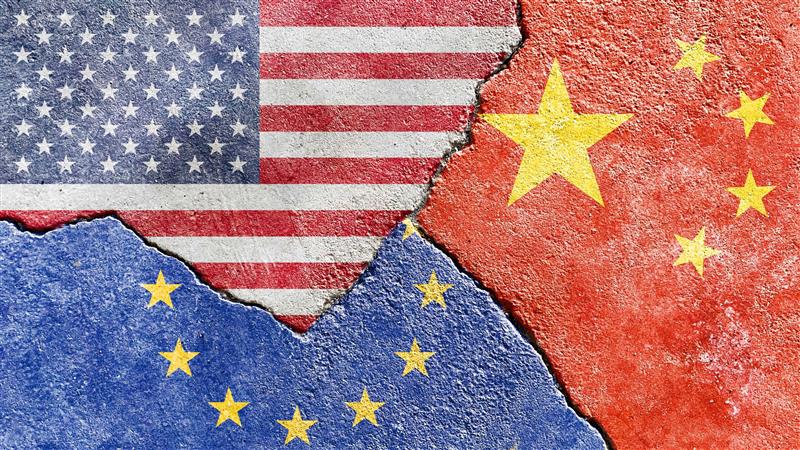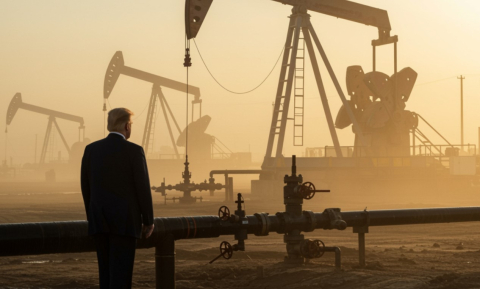Europe
Europe is described here in a geographical sense. It is not limited to the European Union, and includes, for example, the United Kingdom and the Balkans. It remains central to international relations.
Related Subjects

Quest for Strategic Autonomy? Europe Grapples with the US - China Rivalry

Building on the 2020 European Think Tank Network on China (ETNC) report, which assessed Europe’s positioning in this context, this edition re-examines the geopolitical landscape in light of the Covid-19 pandemic, Russia’s war in Ukraine and Donald Trump’s return to the White House. This report features 22 national chapters and one dedicated to the EU, analysing the evolution of Europe’s relations with Washington and Beijing, the range of approaches to dealing the US-China rivalry and how these are expected to evolve.
The "Climate Energy Package" and the Modus Operandi of European Politics
The European Union, through its multiple levels of governance, often produces curious legislative acts. The “Climate and energy package,” unveiled to much fanfare on January 23rd by the European Commission at a press conference given by no less than four of its Commissioners at its headquarters in Brussels, the Berlaymont, is a recent example.
Ownership Unbundling in Energy Markets. An Overview of a Heated Debate in Europe

Does Enlargement Conceal Globalisation? Location Issues in Europe
This paper assesses the impact of global competition and enlargement on the location of production within Europe.
The Development of Transeuropean Transport Networks: Financing an Ambitious Policy.
Europeans in Space: the Interactions between the Conduct of Space Programmes and the European Process
This report explores the interactions between the conduct of space exploration programs by Europeans and the European Union building process. It stems from a cooperation between Ifri and the European Space Agency (ESA).
EU Integration: Present Challenges and Prospects. Any Lesson for Latin America?

Support independent French research
Ifri, a foundation recognized as being of public utility, relies largely on private donors – companies and individuals – to guarantee its sustainability and intellectual independence. Through their funding, donors help maintain the Institute's position among the world's leading think tanks. By benefiting from an internationally recognized network and expertise, donors refine their understanding of geopolitical risk and its consequences on global politics and the economy. In 2024, Ifri will support more than 70 French and foreign companies and organizations.








